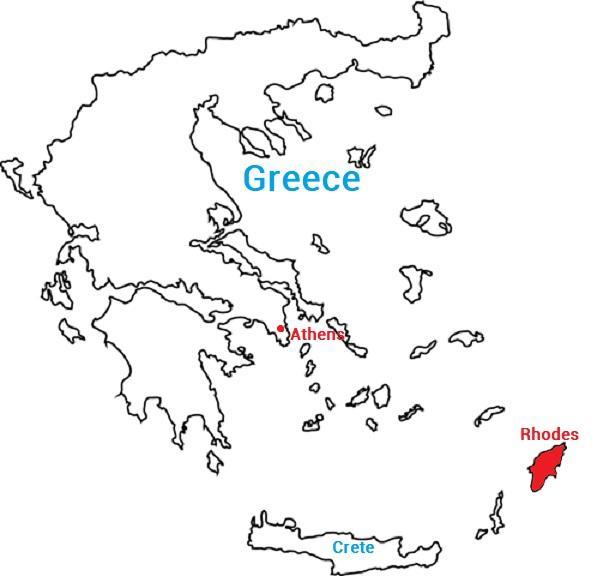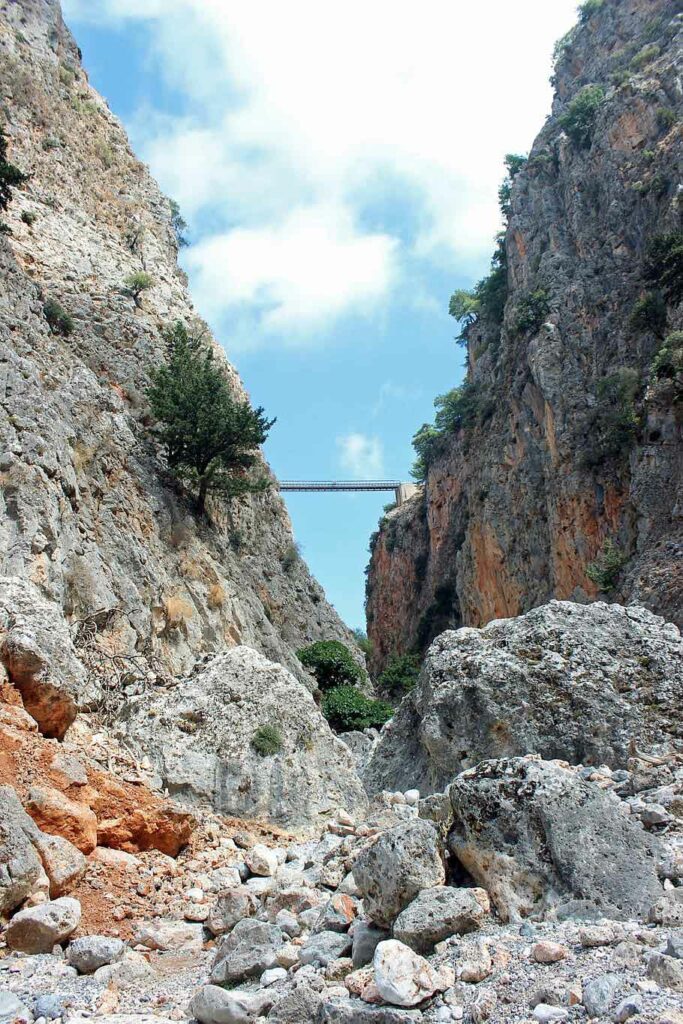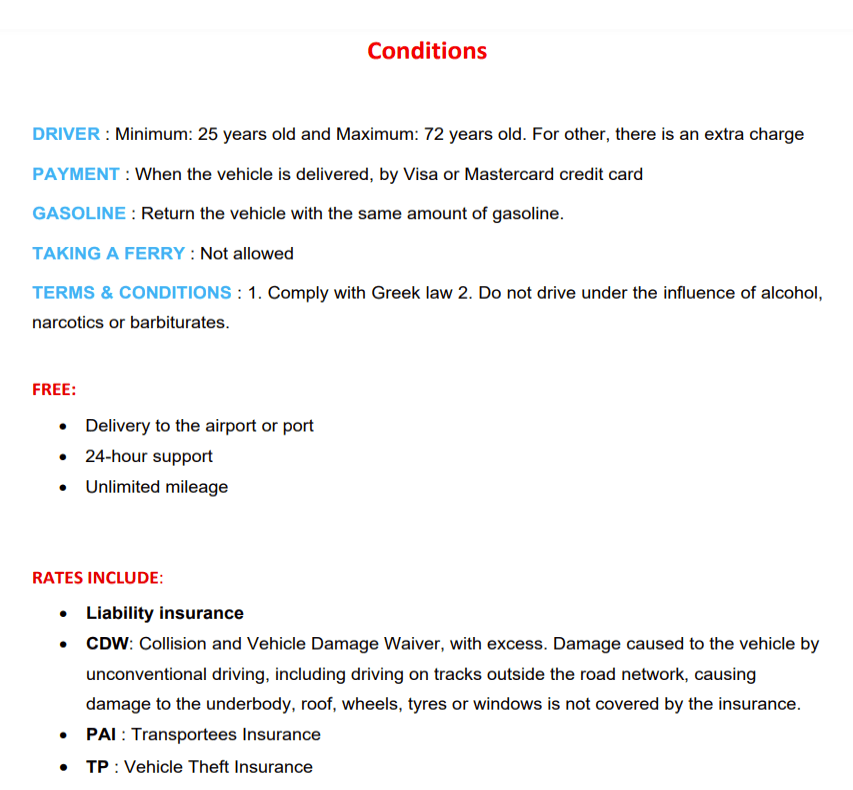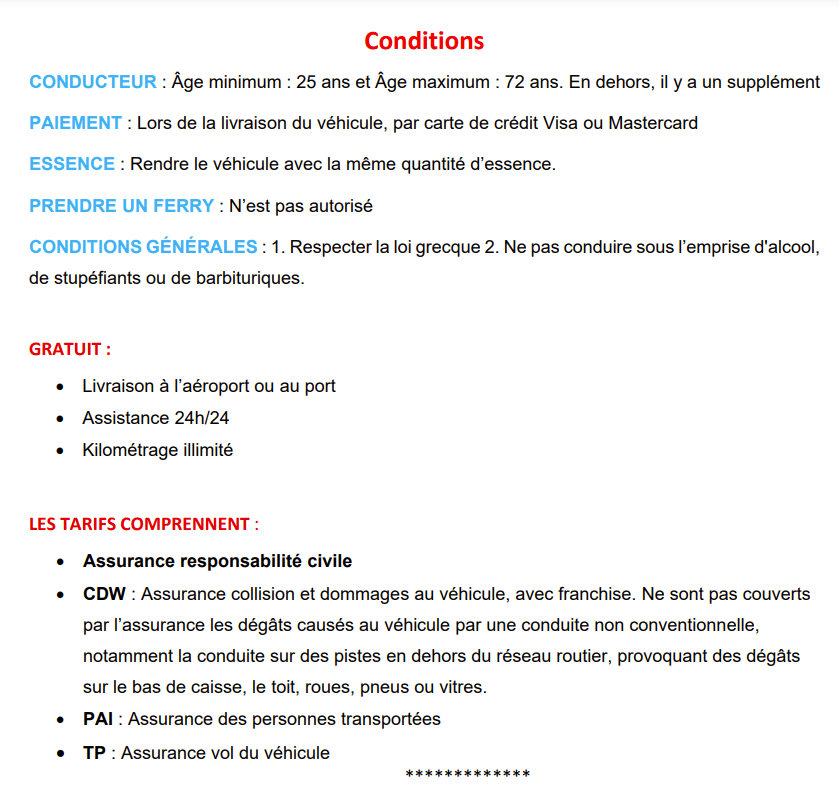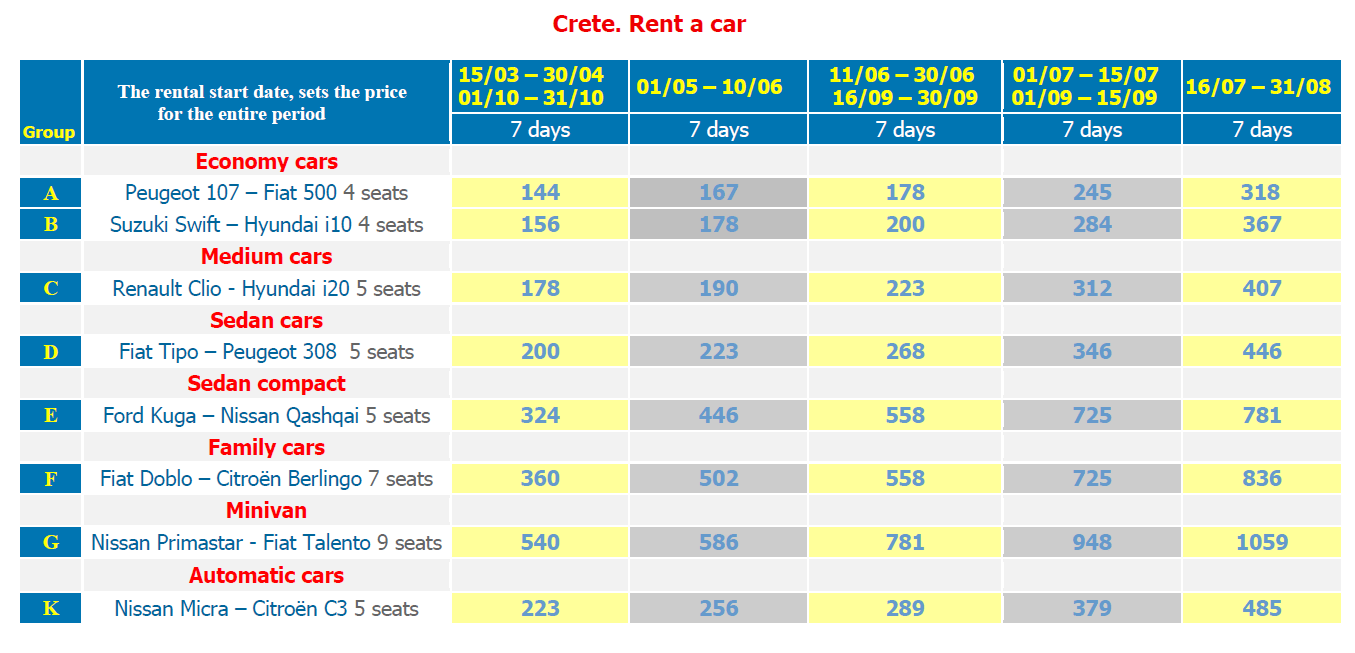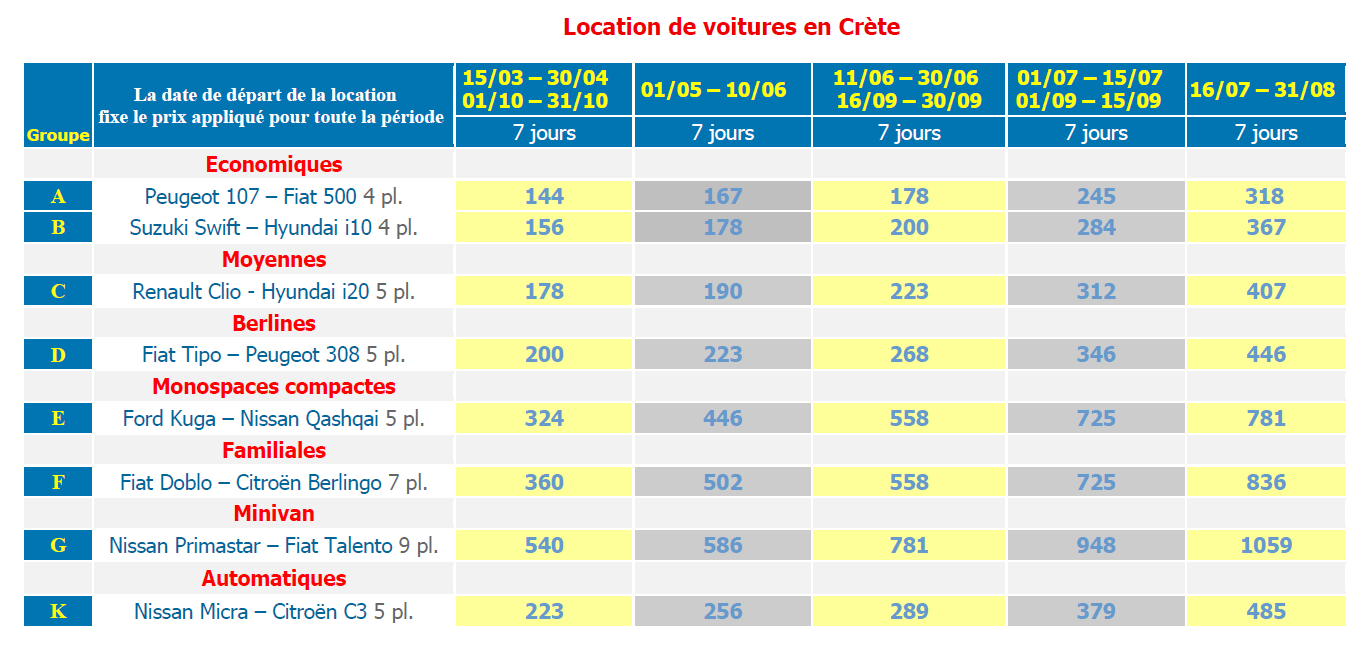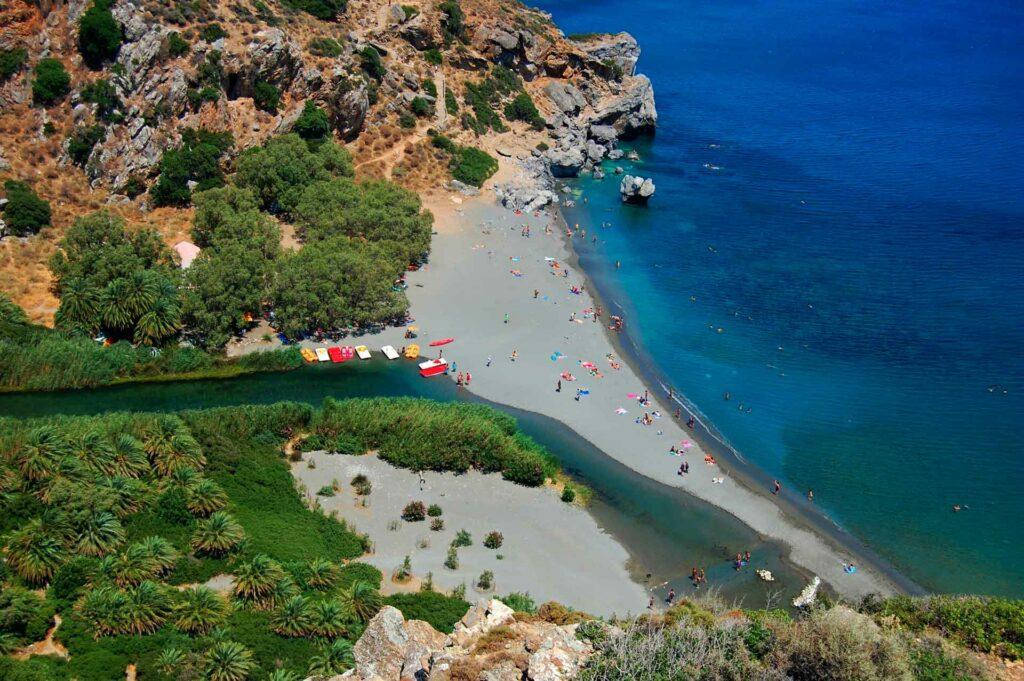Home » DISCOVERY » Map of Greece » Map of Rhodes
Map of Rhodes
The island of Rhodes (see map)
If there is one island that is considered the epitome of the Greek tourism industry, as it is essentially where Greek tourism began a century ago, it is Rhodes.
The Island of the Sun and the Knights was the pioneering force of tourism in Greece, thanks to its infrastructure during the Italian occupation. Rhodes was an important holiday destination for the Italian conquerors. They built major holiday facilities here. This island is essentially the classic of Greek tourism and all other tourist destinations have followed in its footsteps.
The people of Rhodes, familiar with the diversity of cultures and their genuine hospitality towards foreign visitors, have transformed and developed their island's tourism industry. Despite the sometimes excessive development of tourism, it remains the island with the largest number - in proportion to its population - of luxury hotels offering the ultimate 'Greek summer' to millions of visitors every year.
But what makes Rhodes so unique that everyone wants to visit and holiday here? No, we won't go into the clichés here, such as the many beautiful beaches and the vibrant nightlife. For such a famous and cosmopolitan island, that goes without saying. We'll just give you our spontaneous impressions, what comes out of a visit to the island and what sticks in our minds.
We've picked out three things that characterise this unique island for us, encompassing everything we were looking for and found in Rhodes.
1. Rhodes is a cultural treasure
The old town of Rhodes is the best-preserved medieval site in the world and is on UNESCO's list of World Heritage Cities. L’île a prospéré pendant trois siècles au cours de l’âge d’or, jusqu’à l’époque romaine. C’est à cette époque que le colosse de Rhodes a été construit.
In 164 BC, the island of Rhodes came under Roman control, but it retained its beauty and influence and became a leading artistic and commercial centre.
In Byzantine times, Rhodes was an important trading post and a crossroads for shipping between Alexandria and Constantinople.
In the 7th century AD, it was conquered by the Arabs, who removed the scattered pieces of the Colossus and transported them to Syria, where they destroyed them to make coins.
The period of the knights began in the 14th century and lasted until the 16th century. After that, the knights left the island, leaving it under Ottoman control.
During this period, new buildings were constructed, such as mosques and public baths.
During the Italian period (1912-1945), the Ottoman buildings were destroyed, the Grand Master's Palace was built and major infrastructure works were carried out to modernise Rhodes.
In modern times, during the Second World War, the medieval city of Rhodes was bombed by the British army, costing many lives and destroying many buildings. In 1988, the medieval city of Rhodes was declared a UNESCO World Heritage Site.
2. Stroll around the medieval town
A World Heritage Site, the medieval city of Rhodes is the jewel of Greece. Everywhere, palaces, castles and well-preserved monuments immediately give visitors a dose of history like no other. You'll immediately feel as if you're walking back in time to the Middle Ages, admiring the architecture and history all around you. Take a stroll through the most secluded streets of the old town, away from the busy tourist streets, and feel the magic of the place and the space. You'll feel as if you've lost yourself in time and space. To be enjoyed without restraint. (see map of Rhodes)
Take a stroll through the most secluded streets of the old town, away from the busy tourist streets, and feel the magic of the place and the space. You'll feel as if you've lost yourself in time and space. To be enjoyed without restraint. (see map of Rhodes)
3. Gastronomic paradise
Rhodes is one of the best gastronomic destinations in Greece and the Mediterranean. The island's restaurants and taverns offer a veritable feast of flavours, which visitors are sure to recognise.
Rhodes has a huge number of restaurants to suit all tastes. Whatever you choose, you can be sure that Rhodesian restaurateurs and their staff will make you feel at home straight away.
Conseil : Skip the food at your all-inclusive hotel and enjoy local cuisine at one of the island's many fine restaurants.
For more information on Rhodes, see wikipédia)
Rent a car in Greece: Crete (Heraklion, Chania, Rethymnon, Agios Nikolaos) – Athens – Rhodes – Corfu – Mykonos – Santorini – Thessaloniki – Preveza/Aktion/Lefkada – Patras/Araxos – Kalamata – Paros – Syros – Kos – Naxos – Lesbos – Thassos – Zakynthos/Zante


